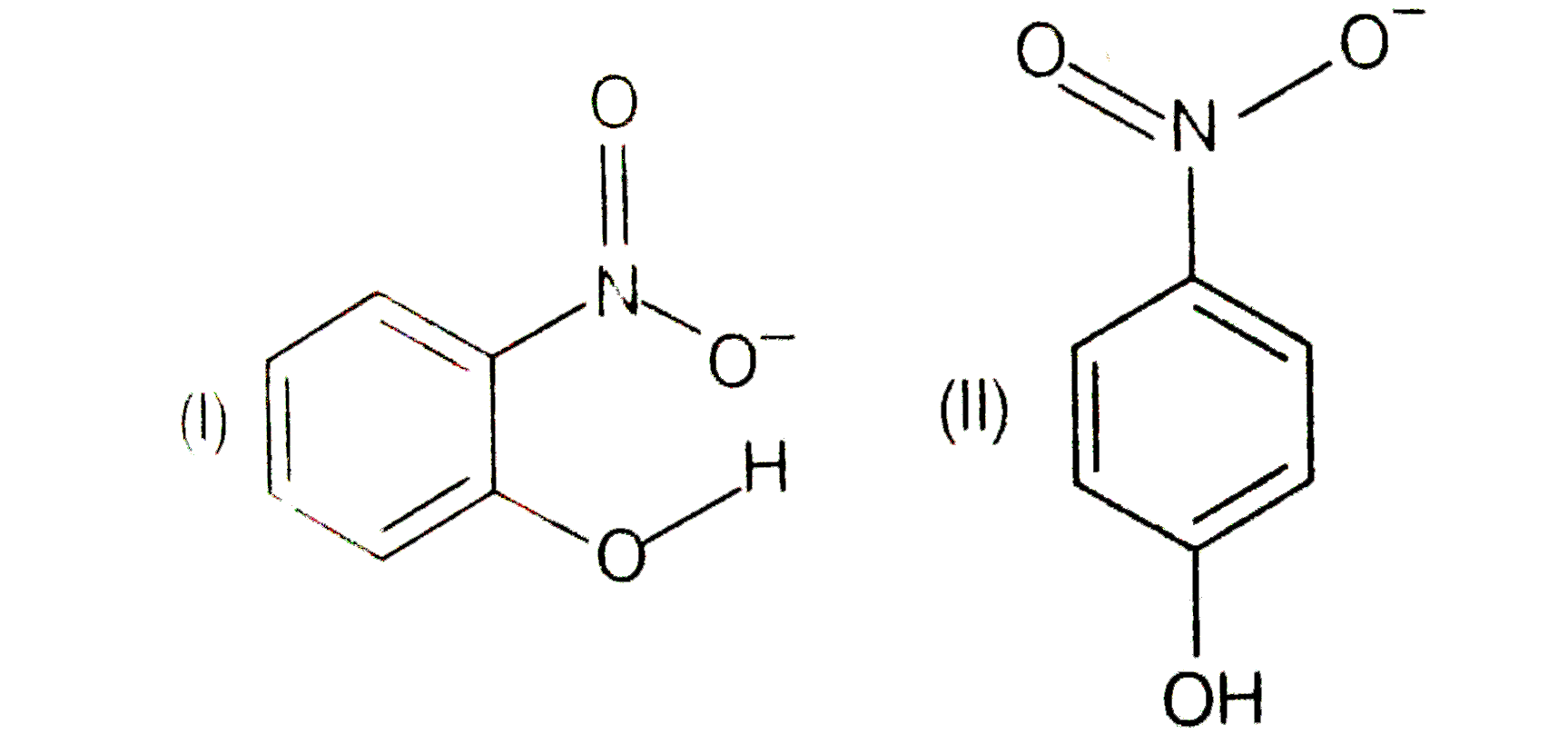Which one can form hydrogen bonds?
NaCl
CHCI3
H2O
CH4
To determine which of the given compounds can form hydrogen bonds, we need to analyze each option based on the presence of hydrogen bonded to highly electronegative elements such as fluorine (F), oxygen (O), or nitrogen (N).
1. Identify the Compounds: The options provided are NaCl, C-H, Cl3, H2, and C-H4. We need to analyze each compound for the potential to form hydrogen bonds.
2. Understanding Hydrogen Bonding: Hydrogen bonds typically form when hydrogen is covalently bonded to highly electronegative atoms like F, O, or N. This creates a significant dipole moment, allowing hydrogen to interact with lone pairs on other electronegative atoms.
3. Analyzing NaCl:
- NaCl is an ionic compound composed of Na⁺ and Cl⁻ ions.
- There are no hydrogen atoms present, and thus, it cannot form hydrogen bonds.
4. Analyzing C-H (assuming it means CH4):
- If we consider CH4 (methane), the hydrogen atoms are bonded to carbon, which is not highly electronegative.
- Therefore, CH4 does not form hydrogen bonds.
5. Analyzing Cl3 (assuming it means Cl3H):
- If we consider Cl3H (hydrochloric acid), while it has hydrogen, chlorine is not electronegative enough to facilitate significant hydrogen bonding.
- Thus, Cl3H does not form hydrogen bonds.
6. Analyzing H2:
- H2 is a diatomic molecule consisting of two hydrogen atoms.
- There are no electronegative atoms present, so H2 cannot form hydrogen bonds.
7. Analyzing H2O:
- Water (H2O) consists of two hydrogen atoms bonded to one oxygen atom.
- Oxygen is highly electronegative and can form hydrogen bonds with other water molecules or other electronegative atoms.
- Therefore, H2O can form hydrogen bonds.
8. Conclusion:
- Among the options provided, only H2O can form hydrogen bonds due to the presence of hydrogen bonded to a highly electronegative atom (oxygen).
Final Answer:
The compound that can form hydrogen bonds is H2O.
- NaCl is an ionic compound composed of Na⁺ and Cl⁻ ions.
- There are no hydrogen atoms present, and thus, it cannot form hydrogen bonds.
- If we consider CH4 (methane), the hydrogen atoms are bonded to carbon, which is not highly electronegative.
- Therefore, CH4 does not form hydrogen bonds.
- If we consider Cl3H (hydrochloric acid), while it has hydrogen, chlorine is not electronegative enough to facilitate significant hydrogen bonding.
- Thus, Cl3H does not form hydrogen bonds.
- H2 is a diatomic molecule consisting of two hydrogen atoms.
- There are no electronegative atoms present, so H2 cannot form hydrogen bonds.
- Water (H2O) consists of two hydrogen atoms bonded to one oxygen atom.
- Oxygen is highly electronegative and can form hydrogen bonds with other water molecules or other electronegative atoms.
- Therefore, H2O can form hydrogen bonds.
- Among the options provided, only H2O can form hydrogen bonds due to the presence of hydrogen bonded to a highly electronegative atom (oxygen).
The compound that can form hydrogen bonds is H2O.
Similar Questions
Structures of molecules of two compounds are given below.

a) Which of the two compounds will have intermolecular hydrogen bonding and which compound is expected to show intramolecular hydrogen bonding?
b) The melting point of compound depends on, among other things, the extent of hydrogen bonding. On this basis explain which of the above two compounds will show higher melting point?
c) Solubility of compounds in water depends on powers to form hydrogen bonds with water. Which of the above compounds will form hydrogen bond with easily and be more stable in it?
View SolutionList two main conditions for forming hydrogen bonds.
View Solution
Knowledge Check
Which of the following compound can form hydrogen bonds
ACH4BNaClCCHCl3DH2OWhich of the following compounds can form hydrogen bond?
ACH4BH2OCNaClDCHCl3Which one has hydrogen bonding ?
AHClBBHBrCHFDHI
Which of the following cannot form hydrogen bonds with water?
View SolutionWhich of the following does not form hydrogen bond ?
View SolutionWhich of the following organic molecule can not form hydrogen bond in pure state but can form the same in water?
View SolutionWhich substance will form hydrogen bonds to water molecules but will not will not form hydrogen bonds with its own molecules?
View SolutionAcetylene does not form hydrogen bond because :
View Solution
